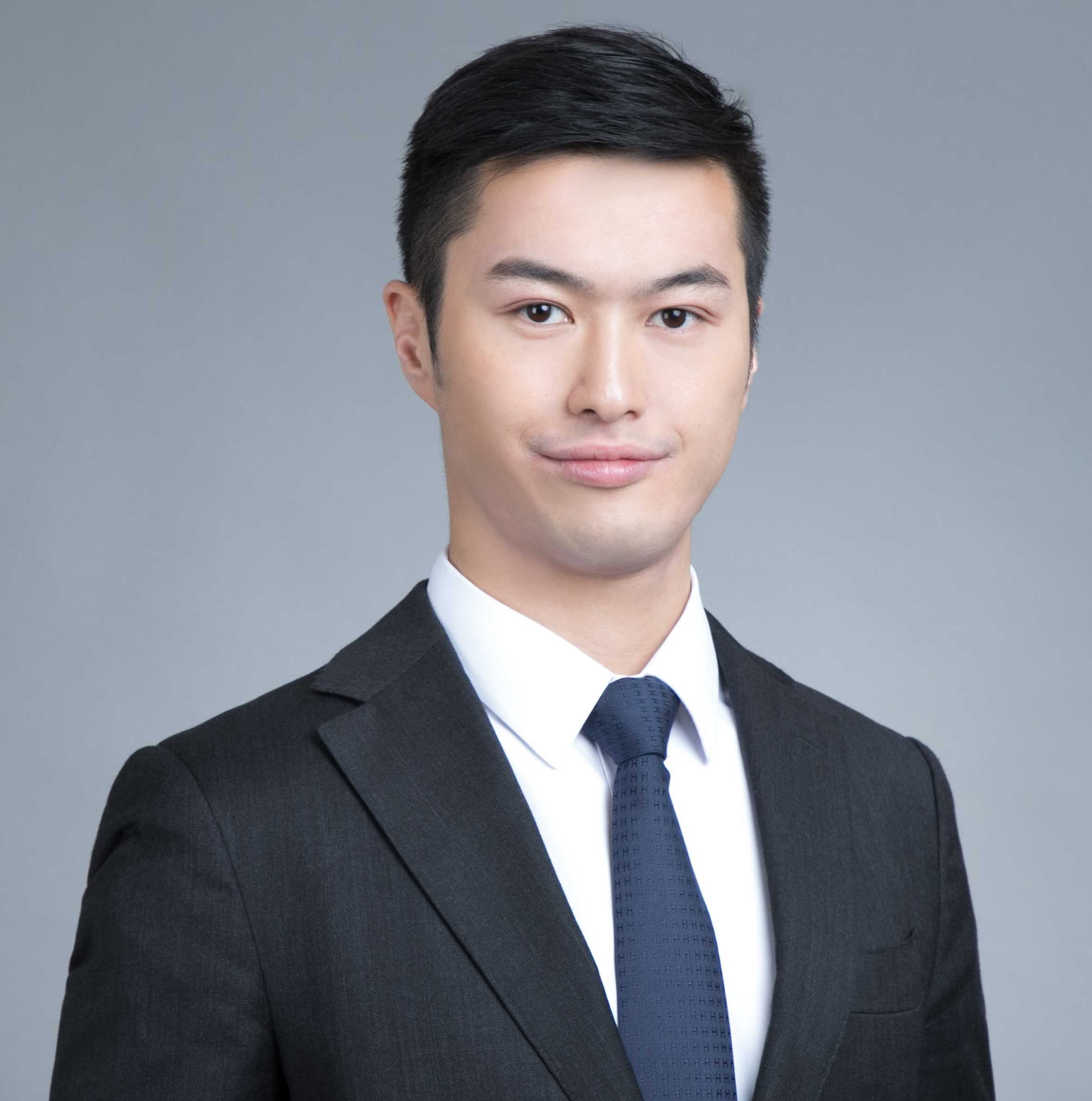Property Law — Court of First Instance allows counterclaim for specific performance of provisional sale and purchase agreement entered into almost 10 years ago
The Court held that neither laches nor the “escape clause” in the provisional agreements barred the purchasers from pursuing specific performance, even after all these years.
To Hu Sing v Cheung Kwai Chuen and Others
| Reference: | (HCA 1930/2015) [2020] HKCFI 2747 |
| Court: | Court of First Instance |
| Before: | Hon G Lam J |
| Date of Decision: | 30 October 2020 |
| Appearance: | Robin D’Souza and Ted Chan, instructed by Tam, Pun & Yipp, for the 1st and 2nd Defendants |
Overview
The Plaintiff as vendor refused to complete the sale of his properties to the 1st and 2nd Defendants in accordance with their provisional sale and purchase agreements. The Court held that neither laches nor the “escape clause” in the provisional agreements barred the purchasers from pursuing specific performance, even after all these years. The Court also granted a Mareva injunction in support of the 1st and 2nd Defendants’ recovery of costs from the Plaintiff, who ordinarily resided in the United Kingdom.

Background
The Plaintiff ordinarily lived in England and owned a three-story house (“the Properties”) in Hong Kong. In 2009, acting through his uncle as his representative, the Plaintiff as vendor entered into provisional sale and purchase agreements (“Provisional Agreements”) with the 1st and 2nd Defendants as purchasers in respect of the Properties. The 1st and 2nd Defendants also paid the initial deposits upon signing the Provisional Agreements, which were based on the standard form of the estate agent.
However, the Plaintiff never returned to Hong Kong to complete the sale and purchase of the Properties, whilst the 1st and 2nd Defendants had renovated and later moved into the Properties on the strength of some written licences granted by the Plaintiff’s representatives. The situation persisted until 2015 when the Plaintiff instituted these proceedings to recover possession of the Properties against the 1st and 2nd Defendants, who counterclaimed for specific performance of the Provisional Agreements.
In September 2020, the Plaintiff indicated through his solicitors that he would not complete the sale of the Properties and instead invoked the “escape clause” in the Provisional Agreements, offering a refund of the initial deposits together with sums equivalent to the amount of the initial deposits as liquidated damages.
At the trial, the Plaintiff abandoned his earlier allegation that his uncle acted without authority. The main issues before the Court were whether the 1st and 2nd Defendants are barred by laches or by an “escape clause” in the Provisional Agreements from seeking specific performance.
The Court’s Reasoning
The starting point of the Court’s analysis is that, in the absence of any formal agreement being entered into, the provisional agreement must continue to be binding on the parties and be specifically enforceable.
The Plaintiff argued that the escape clause in the Provisional Agreement barred specific performance. The Court held that he was not entitled to rely on the escape clause:
• First, the relevant escape clause was differently worded in the Chinese and the English versions – a common but undesirable phenomenon in standard forms prepared by estate agents. The Chinese version, which prevails over the English version, states that the vendor has to refund the amount of all the deposits paid by the purchaser (“買方所付之訂金全數”) as liquidated damages. This was never complied with by the Plaintiff. The Chinese version stood in contrast with the English version as performed by the Plaintiff, which required the vendor to simply refund an amount equivalent to the “initial deposits”;
• Secondly, the Court agreed with the 1st and 2nd Defendants that, although the Chinese version of the escape clause does not expressly state that the vendor has to make the refund payment “immediately” (as stated in the English version), on its proper construction the vendor must invoke that clause on or before the agreed completion date (31 October 2010) in order to benefit from it. Therefore, the Plaintiff was not permitted to resile from the sale in September 2020, 10 years after the agreed completion date.
Further, the Court also held that the 1st and 2nd Defendants were not barred from claiming specific performance because of laches. They acquired an equitable estate in the Properties by virtue of the Provisional Agreements, and having entered into occupation on the strength of the written licences, they also acquired by separate contractual licence a right of occupation pending the transfer of legal title, which was not purportedly terminated until 2013.
Accordingly, the Court held in favour of the 1st and 2nd Defendants and ordered that completion should take place as soon as practicable, with interests to be paid to the Plaintiff. The Court also ordered for costs of the action and counterclaim to be paid to the 1st and 2nd Defendants.
Recovery of Costs
Since the Plaintiff ordinarily resided in the United Kingdom and did not own any assets in Hong Kong apart from the Properties, the 1st and 2nd Defendants were concerned that there would be added difficulties, expense and delay if they eventually need to enforce the Court’s costs order in the United Kingdom.
The Court was satisfied that the 1st and 2nd Defendants were justifiably concerned, noting a real risk for the purchase price – once paid to the Plaintiff upon completion – to be removed out of the jurisdiction. On 30 April 2021, the Court granted a post-judgment Mareva injunction to prohibit the Plaintiff from removing HK$1 million (i.e., about two-third of the costs incurred by the 1st and 2nd Defendants) from Hong Kong for one year after completion of the sale and purchase (see [2021] HKCFI 1233).
With the grant of the injunction, the 1st and 2nd Defendants are in a much more assured position in terms of recovering costs.
| Robin D’Souza
Robin was called to the Bar in 2006. He practices in civil and commercial litigation with experience in areas of company and shareholder disputes, insolvency, contracts, property, trust, probate, civil fraud, and asset recovery. He regularly acts for and against multinationals, listed companies, investor funds, and high net worth individuals. A Fellow of the Chartered Institute of Arbitrators, Robin also accepts instructions to act as arbitration counsel. |
| Ted Chan
Ted was called to the Bar in 2019 and is developing a broad civil and criminal practice. He has appeared in the High Court, the District Court (including the Family Court) and the Magistrates’ Court (including the Juvenile Court). Ted is also a law reporter for the Hong Kong Court of Final Appeal Reports (HKCFAR) and the Hong Kong Law Reports & Digest (HKLRD). From 2017 to 2018, Ted was appointed as a Judicial Assistant in the Court of Final Appeal. |
Disclaimer: This article does not constitute legal advice and seeks to set out the general principles of the law. Detailed advice should therefore be sought from a legal professional relating to the individual merits and facts of a particular case.

